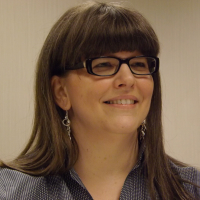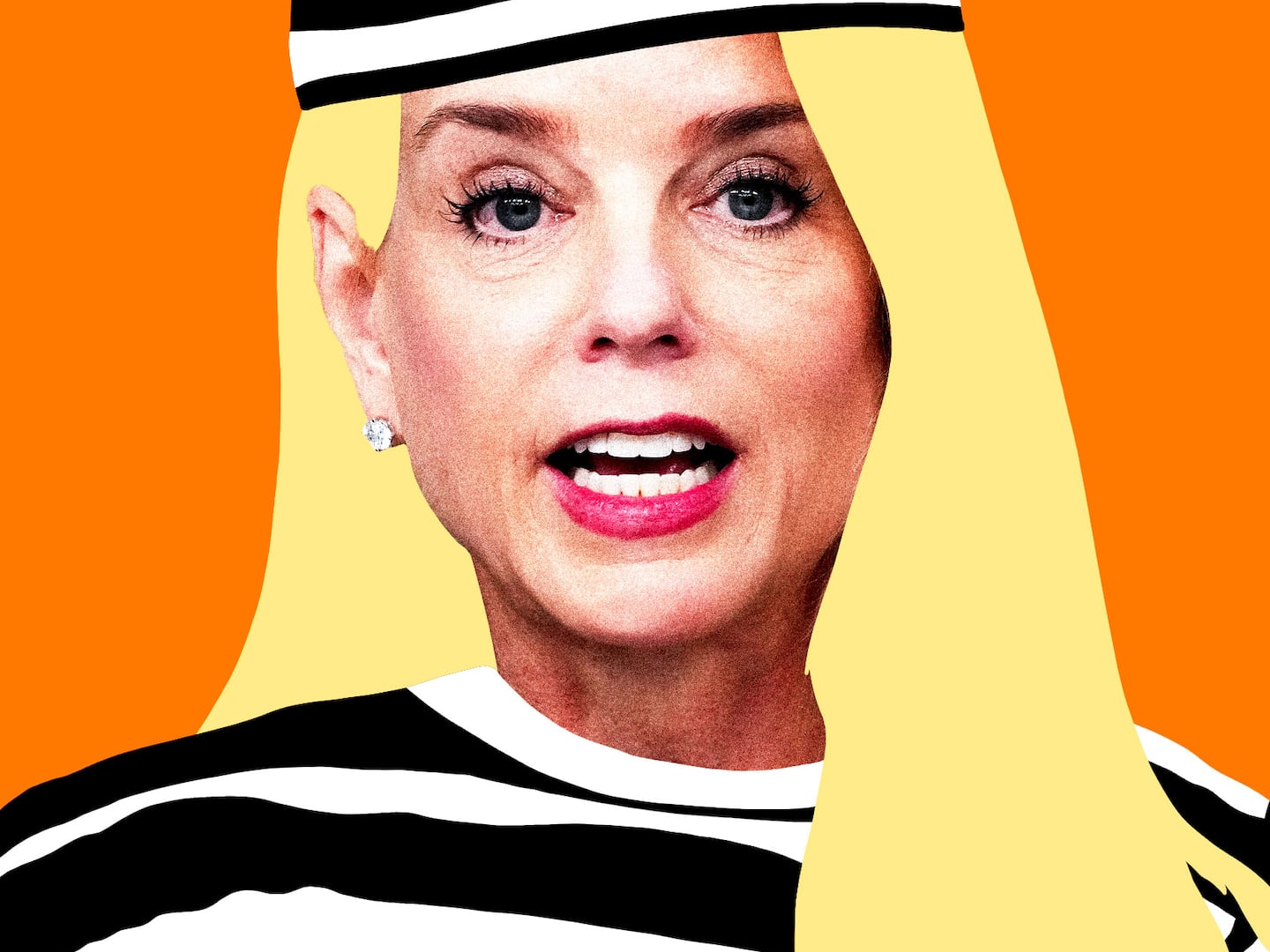We’ve reached the point—or perhaps we’ve long been here, and I’ve long been in denial—where a very loud subsection of the Jewish community has boiled 3500 years of faith, of sacrifice, of tradition, of prayers and visions and holy words, 3500 years of culture, of language, of humor and literature and joyful celebration, down to a single, paper-thin definition of authentic Judaism:
Fear.

People like neocon William Kristol, Jeff Dunetz at Big Government (Andrew Breitbart’s organ), and Gerald Steinberg of NGO Monitor have decided that if we Jews—Israeli or Diaspora; clergy or lay; Jews who’ve fought in the conflict and/or Jews who have lost loved ones—are not sufficiently afraid of the Palestinian people that we would deny them their human rights and worth—we are simply not good enough Jews.
Or, at least, not good enough Jews to be trusted with an opinion on Israel. Because, it would seem, the single most important question we can ask about a Jew is: Does that Jew support an endless-war vision for Israel in which Israel is always right and Palestinians (or Iranians, while we’re at it) can never be trusted?
If the answer is no, then clearly we’re not afraid, or loyal, enough to have a say in the future of our people, our families, our own lives. We dare not represent ourselves as Jews, and indeed, if we continue to try to end the endless war that has for decades drained our people’s lifeblood and perpetuated a vicious, dehumanizing hatred—we might be anti-Semites.
Last week, Kristol and Dunetz smeared a group of American rabbis who have the temerity to serve on the Rabbinical Council of Jewish Voice for Peace. One rabbi had the temerity to write that he’s “tired of using torturous, exhausting rationalizations to explain away what I knew in my heart was sheer and simple oppression,” and another had the temerity to dine with the Iranian President. They had the temerity, that is, to go beyond the increasingly narrow confines of what some Jews think is acceptable discourse and behavior and then—horrors!—announce their support as rabbis for Barack Obama. For this, Dunetz has called them “Obama’s anti-Israel Jew-crew.”
Or, in Kristol’s words:
These figures have demonstrated a deep hostility to the state of Israel and a deep commitment to demonizing the Jewish state and undermining the US-Israel alliance.
One would think that my capacity for outrage and fury would be tapped by now, after 25 years of fighting for two states for two peoples. Having my own life threatened, discovering outrageous lies told behind my back, watching others struggle with the basest and most dishonest of character assassination has, at times, exhausted me.
But then along comes a Kristol, or a Dunetz, or a Steinberg, and after a moment in which I once again cannot believe the sheer gall on display, I feel my temperature rise and my heart start to pound. Again.
I don’t personally count myself among JVP’s supporters, because I am in fact pro-Israel. I’m also pro-Palestine, and further believe that the best way to be either is to be both, because we’re stuck in this deadly dance together, whether we like it or not. Neither do I support boycott, divestment and sanctions (BDS), not only because I think it shuts out the very Israelis among whom Palestinians must seek allies, but also because I believe it to be collective punishment—and if I oppose collective punishment for the Palestinian people, I will surely oppose it for my own.
And yet.
Just because I disagree with these Jews doesn’t mean I get to try to shut them up. Indeed, just because I think that Kristol, Dunetz, Steinberg, their ilk and (more to the point) their ideology pose a genuine threat to the future of Israel and the health of the Jewish people doesn’t mean I get to try push them beyond the Pale either.
I have a personal relationship with two of the rabbis singled out by Dunetz: Rabbi Brant Rosen has comforted me when my spirit was low and my soul in despair; Rabbi Rachel Barenblat has done the same for a loved one. There is a reason that the Jewish people has a tradition of respecting and honoring our leaders—not only do they represent our tradition and communal wisdom, but they serve us, from the depths of their beings, at the times when we need them most.
Now is such a time in Israeli history.
Israel needs people who will tell the truth about the destruction its policies are sowing. It needs angry prophets and quiet thinkers, it needs people willing to talk with the enemy and people willing to soothe nerves back home.
Like the rabbis attacked by Kristol and Dunetz, I refuse to believe that a Judaism marked by these things—marked, in short, by hope, openness, and the recognition of tselem Elohim, the image of God, in all God’s people—isn’t good enough. I refuse to be cowed into accepting a Judaism of fear.
I am proud and will always be proud to be in any way associated with the brave rabbis who daily lead us toward a Judaism that believes we can be better than that.
I don’t need to agree on every detail to recognize and respect courage—and to be grateful to those who show it.






